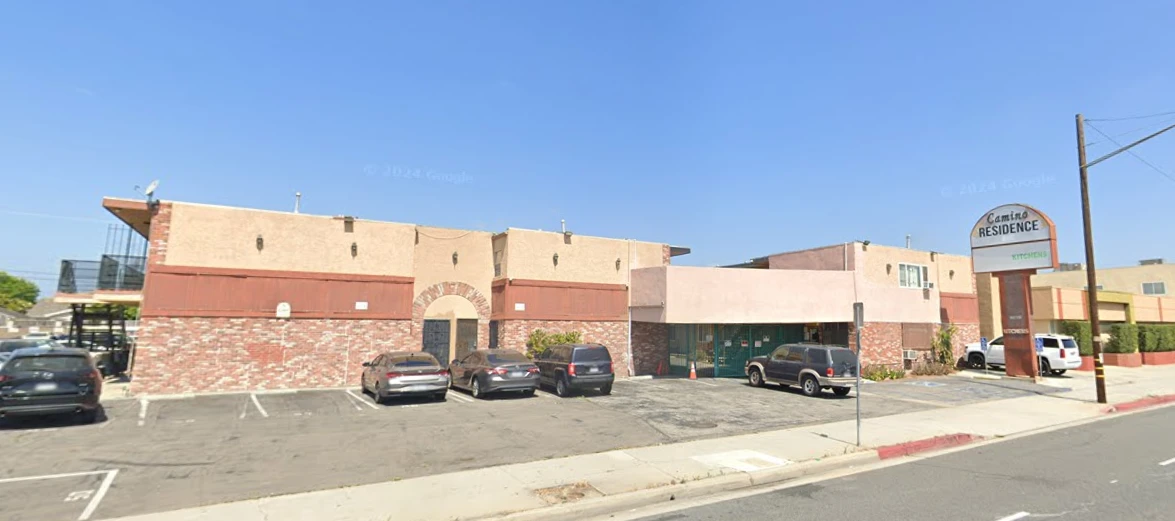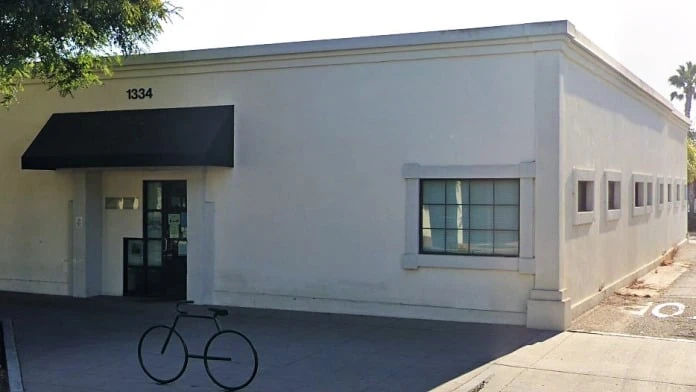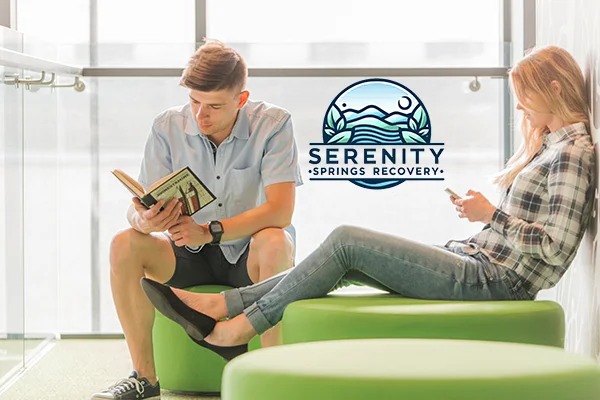BHS - Redgate Memorial Recovery Center, located in Long Beach, California, offers a comprehensive range of services to support rehabilitation for individuals dealing with alcohol addiction, substance use disorder, and mental health challenges. The center provides detoxification, residential inpatient treatment, and outpatient care, all designed to guide clients toward lasting recovery.
During the detox process, clients are monitored 24 hours a day by a multidisciplinary team of healthcare professionals. The duration of detox varies depending on individual needs, typically lasting between 10 to 14 days. Following detox, clients may enter the residential inpatient program, where the length of stay is also tailored to each person's unique recovery journey.
For those transitioning to outpatient treatment, relapse prevention is a key focus to help clients avoid returning to addiction. BHS - Redgate Memorial Recovery Center is committed to providing individualized care and support throughout the entire rehabilitation process.
BHS - Redgate Memorial Recovery Center is accredited by the Commission on Accreditation of Rehabilitation Facilities (CARF), a recognition that underscores its commitment to providing high-quality, evidence-based care.











